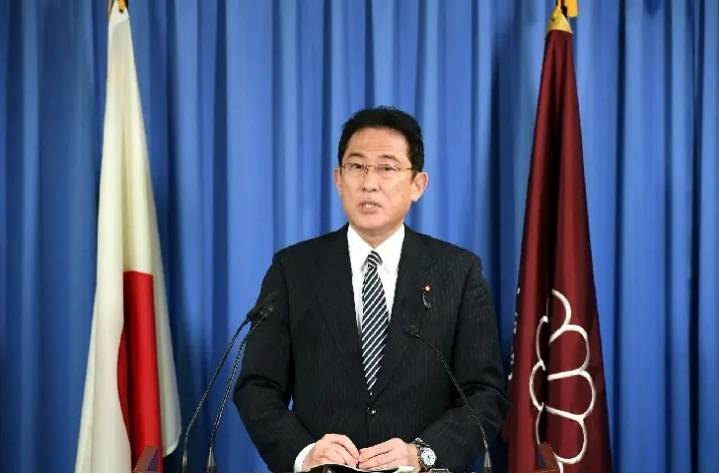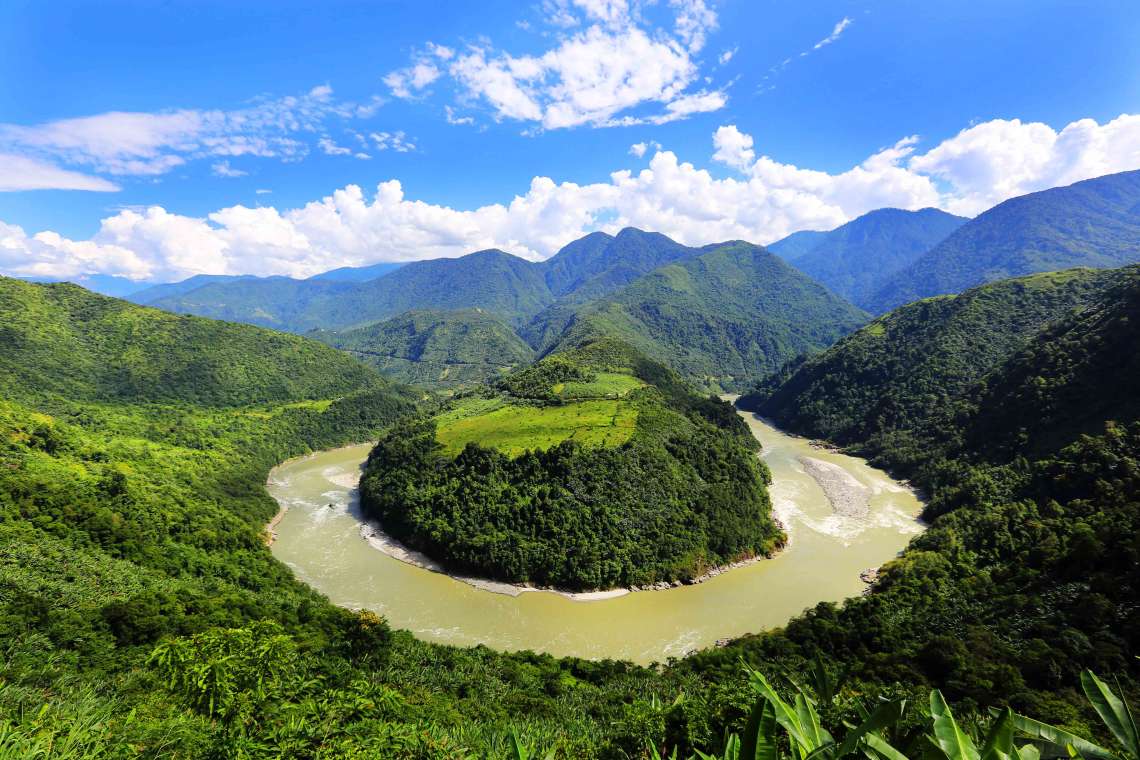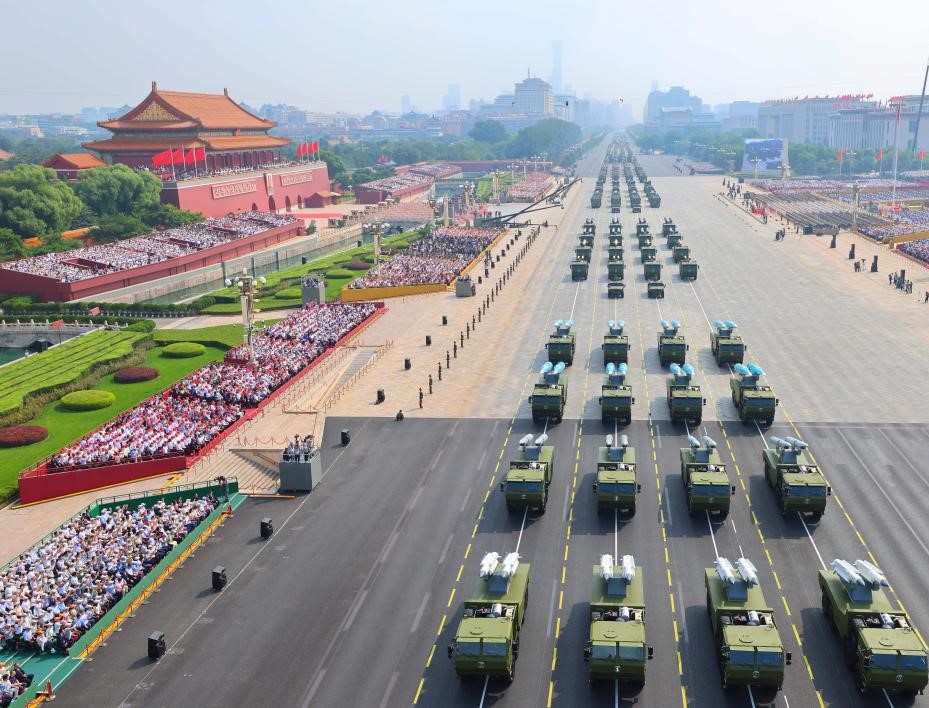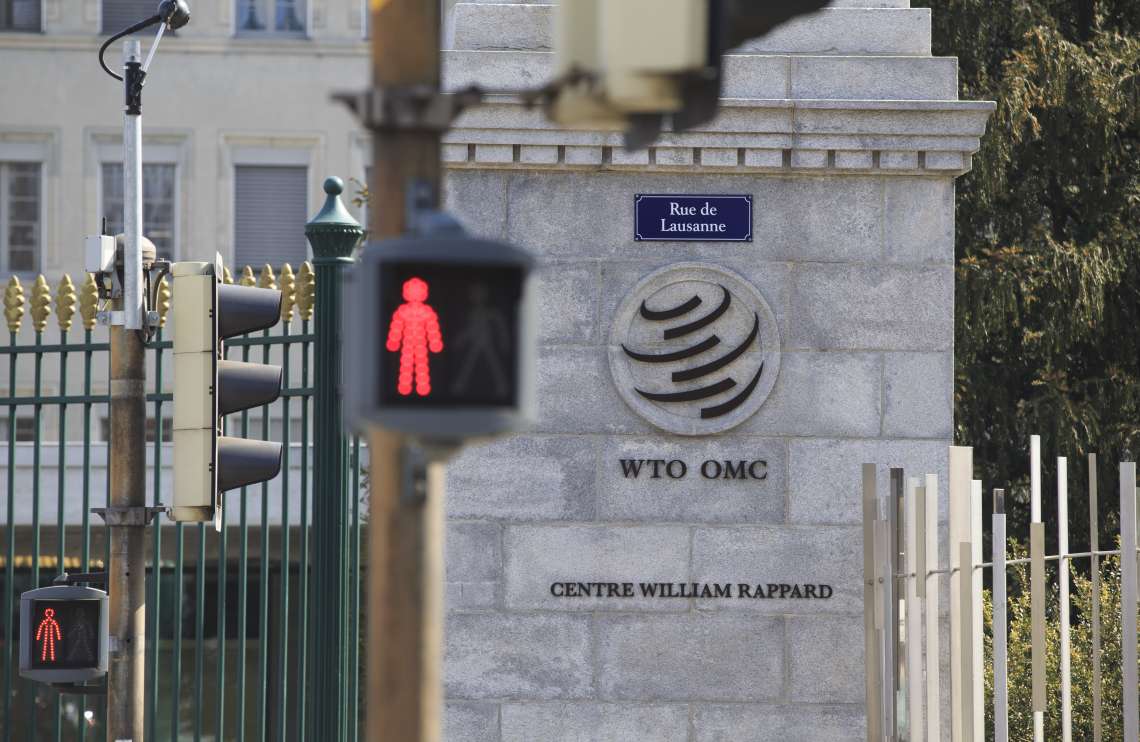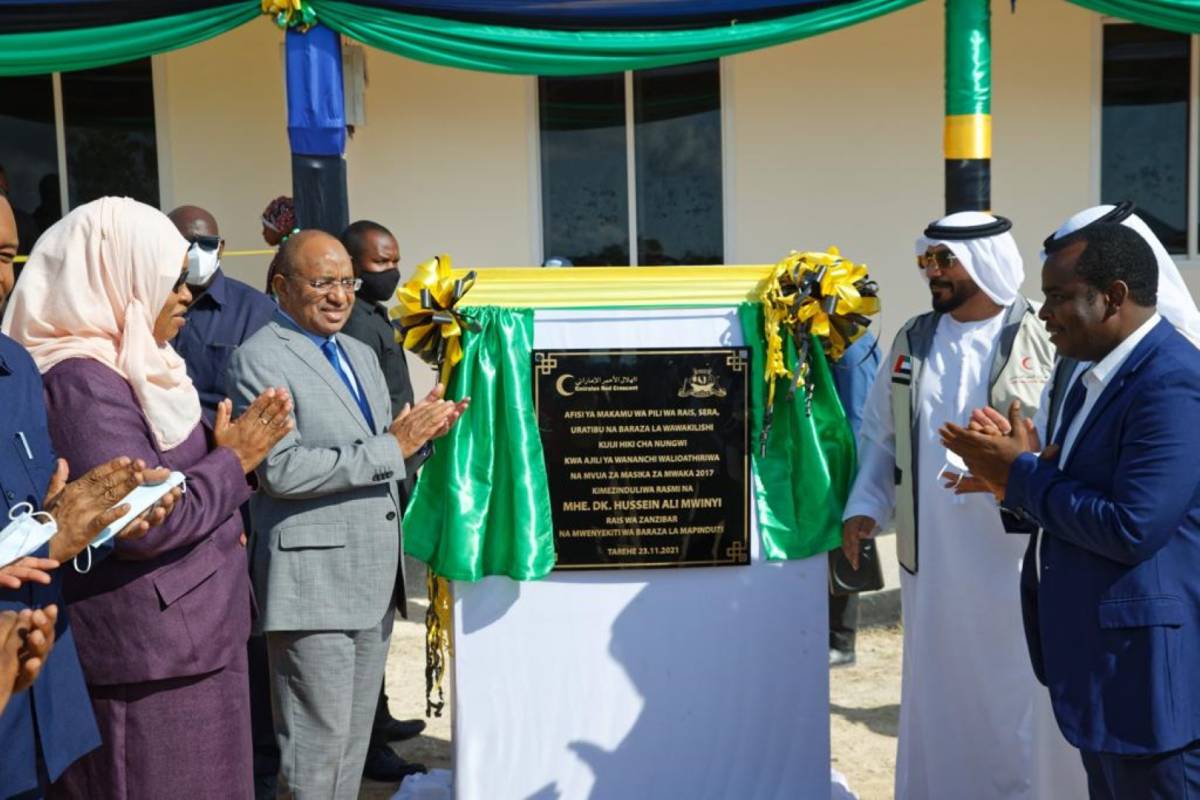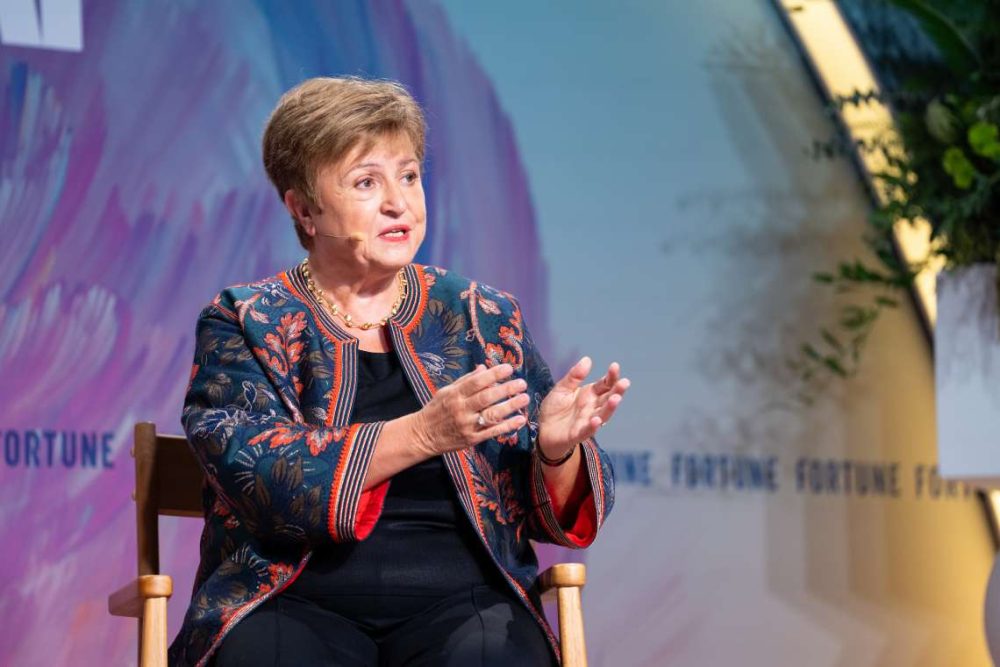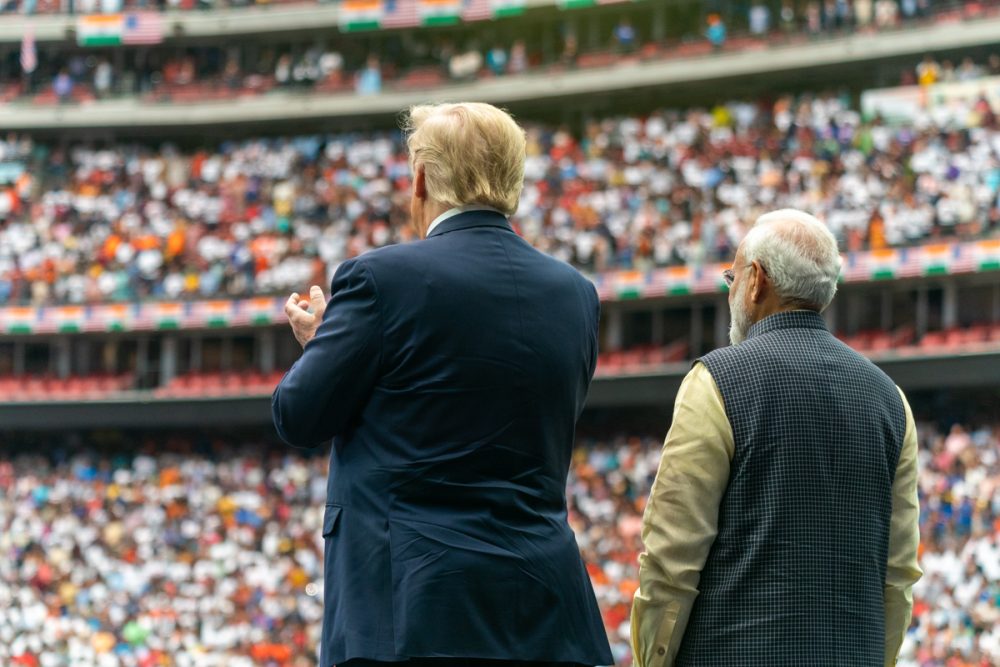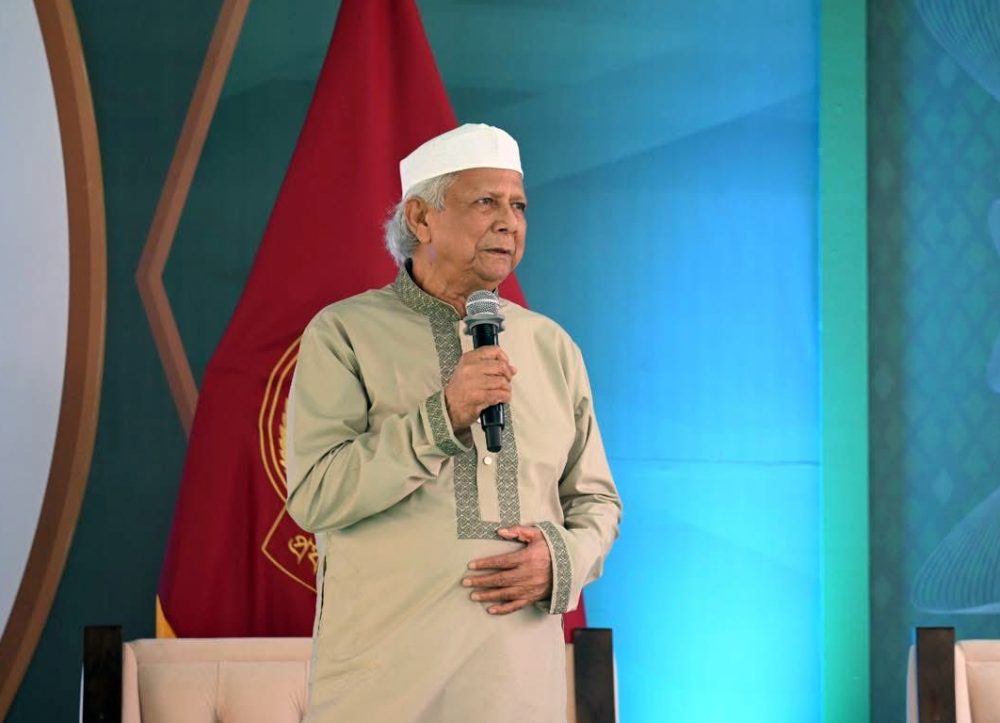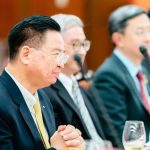Leaders of European countries on Thursday, the first day of the summit, also expressed concern about friction between China and other nations over human rights and other issues….reports Asian Lite News
Japanese Prime Minister Fumio Kishida expressed strong concern over human rights issues in China during his remarks at a virtual meeting of leaders from about 50 Asian and European countries on Friday.
Kishida voiced worries about the human rights situation in Hong Kong as well as the Xinjiang region in northwestern China on the sidelines of the two-day summit, Kyodo News reported.
Further, the Japan Prime Minister also said he strongly opposes unilateral attempts to change the status quo in the East and South China seas, apparently criticizing China’s military buildup.
Leaders of European countries on Thursday, the first day of the summit, also expressed concern about friction between China and other nations over human rights and other issues.
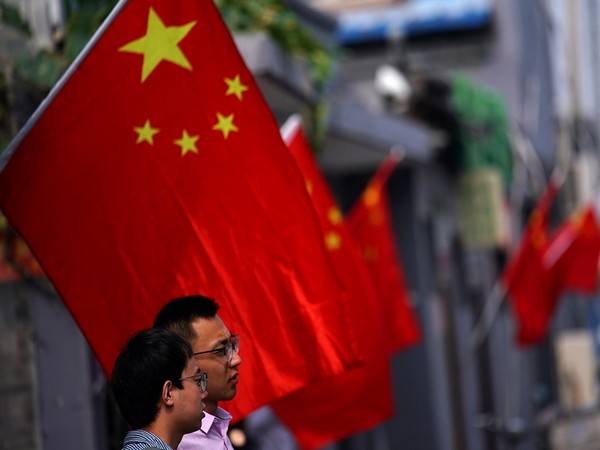
The leaders expressed concerns over the situation in Myanmar, where the military seized power after toppling a civilian government led by Aung San Suu Kyi in February this year.
On the other hand, the ASEM leaders urged the ruling junta to accept a special envoy of the Association of Southeast Asian Nations, who is supposed to mediate between the stakeholders in the country.
Myanmar did not participate in the ASEM summit, after being told that only a “nonpolitical representative” could attend, the Japanese publication reported citing ASEAN sources.
During the meet, instead of specifically referring to territorial disputes in the South China Sea, the leaders mentioned the importance of a peaceful solution to conflicts based on international law and freedom of navigation.
The ASEM group involves about 50 countries from Asia and Europe.
US varsities protest against China
Universities in the US have increased the intensity of their protest against the Chinese authorities as Beijing tries to redeem its image over ongoing genocide in Xinjiang.
According to the Washington Post, in 2021, students in universities across the country are organizing to protest China’s ongoing genocide against Uyghur Muslims in Xinjiang. The Catholic University of America in Washington, D.C., may have just scored the movement’s first big success.
However, the student government association passed a resolution calling on the university to divest any and all of its financial holdings connected to Xinjiang atrocities.
Student Government Association further condemned Beijing’s mass internment, forced labor, mass surveillance or other crimes committed against Uyghurs and other ethnic minorities in China.”
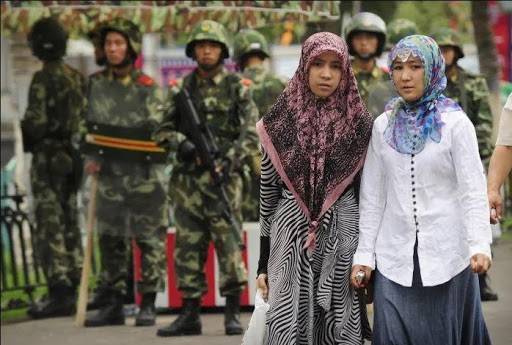
According to the Washington Post, the student anti-genocide movement is already working hand in hand with other human rights groups, including the Uyghur Human Rights Project, Students for a Free Tibet, Keep Taiwan Free and many more. The efforts to raise awareness of the Chinese government’s various atrocities are getting increasingly organized.
According to the publication, the students are taking the lead because the political and business classes have abdicated responsibility for stopping the Chinese government’s human rights abuses. “This next generation of activists is determined to force all of us to decide if we want to be complicit in genocide or not. The movement’s success may be the Uyghurs’ only hope,” it said.
The Catholic University’s example sets a precedent that can be used to push for divestment in schools across the country and the world, said John Metz, Athenai’s executive director.
“Importantly, the resolution specifically calls out Wall Street index funds, which routinely funnel money from institutional investors — such as university endowments — into Chinese companies, including many that are connected to human rights abuses,” he said.
“This is not just about how colleges and universities in this country relate to China, it’s also about how investors with hundreds of billions in managed funds relate to China,” he added. (ANI)


